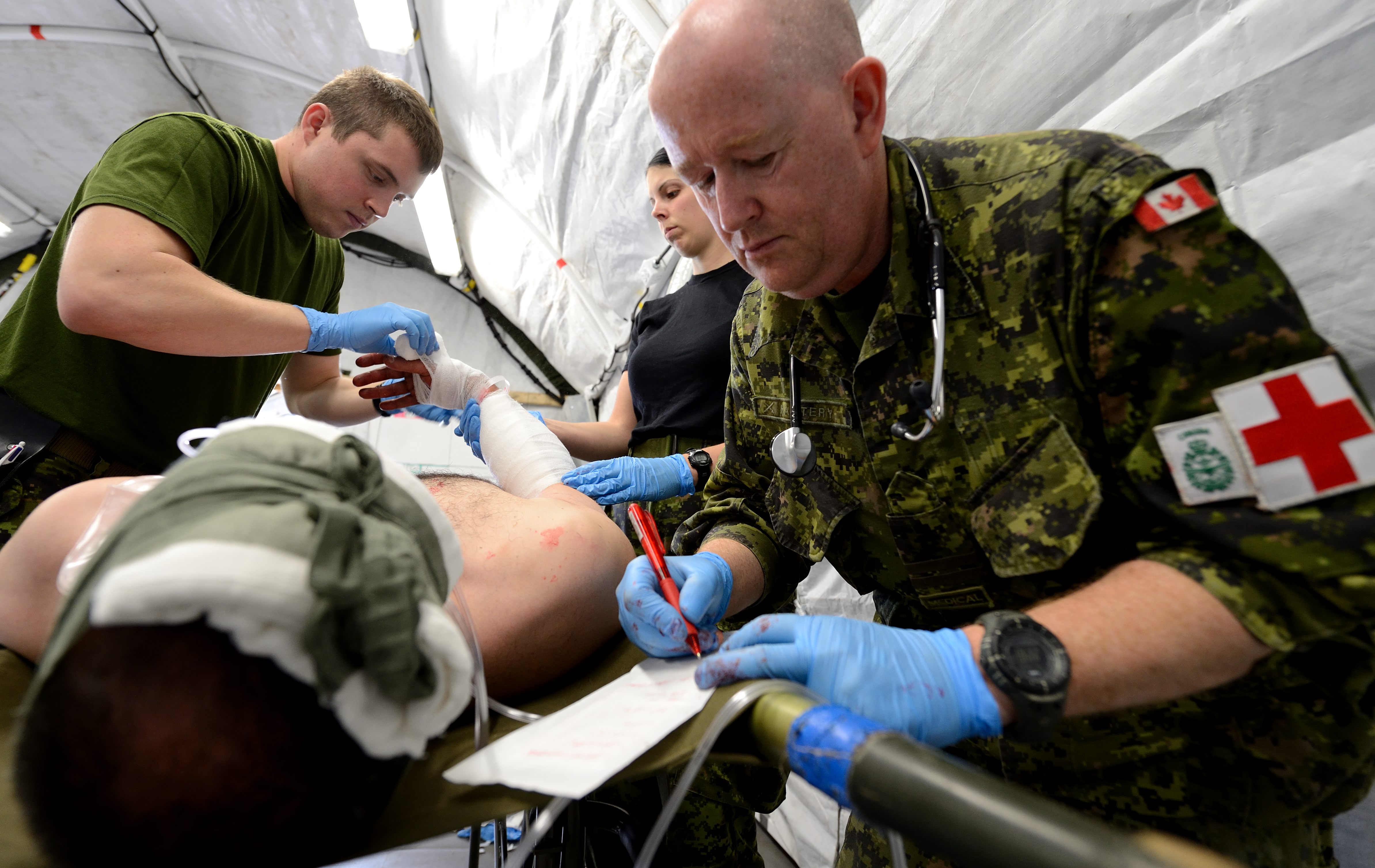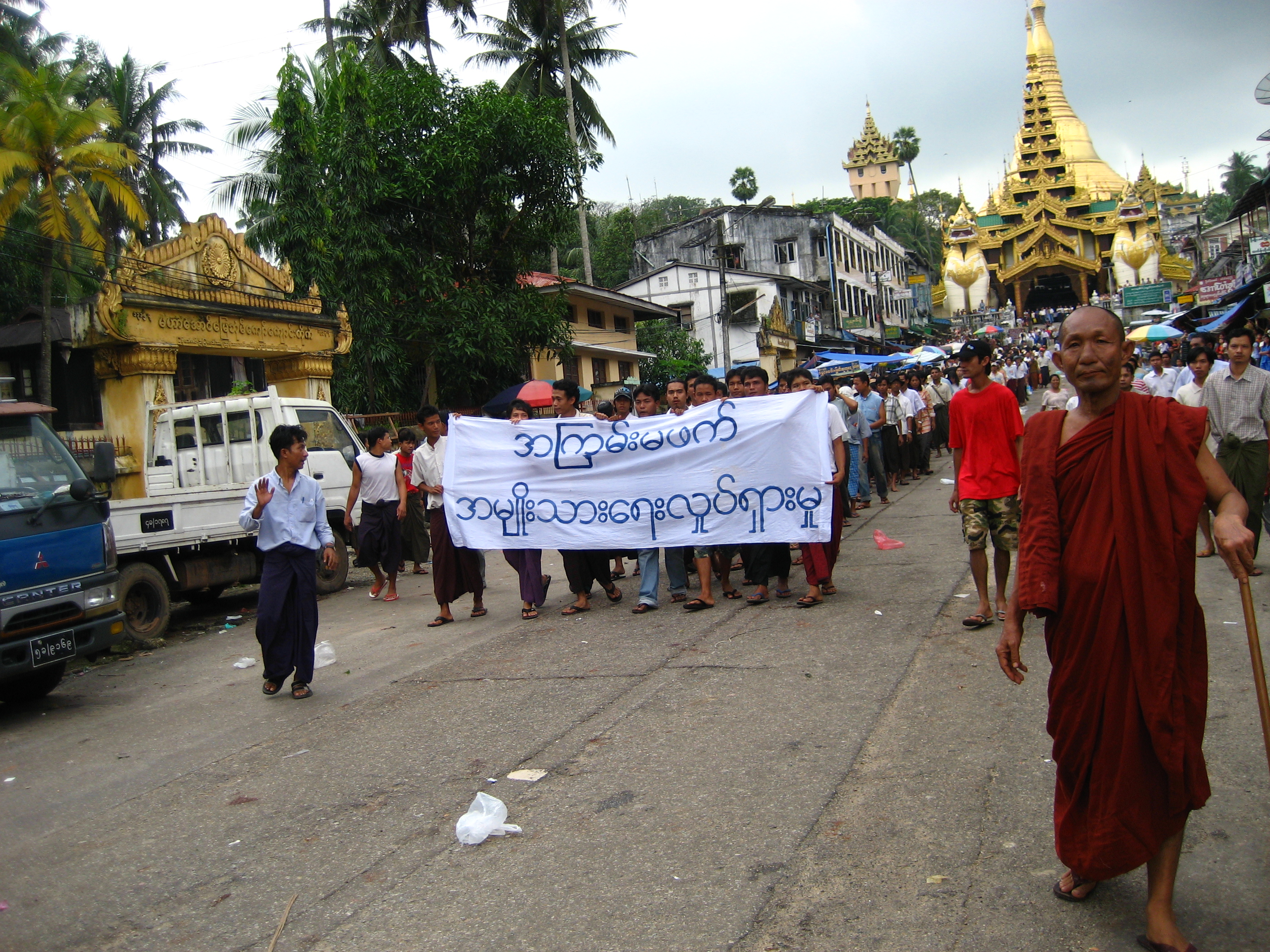International conflicts are increasing in rate and complexity, as are the health effects for those directly involved. Properly addressing military health has, and will continue to be a significant challenge. This challenge may be culminating now, as Canada must now resolve the strain on the current military health system, as well as prepare for a new role in military health leadership.
Health after Service

Currently, the Veterans Affairs Minister Erin O’Toole is embroiled in a debate with the Public Service Alliance of Canada (PSAC). The union recently launched an ad campaign criticizing the decision by Veterans Affairs Canada (VAC) to close nine veteran’s service offices across the country. Representatives of the PSAC state that closures of veteran’s offices have left former CAF members and their families with too few services, further aggravating health issues.
In response, the Veterans Affairs Minister defended veteran’s health services by pointing to the variety of services currently available, and the many services scheduled to expand. The Government of Canada has planned significant improvements to the Operational Stress Injuries Social Support (OSISS) program, including plans to invest $7.26 million over the upcoming 6 years, 20% projected growth in program outreach, and the creation of 15 new peer support coordinators across health regions.
Evolving military involvement means evolving needs for deployed military personnel. Health issues are complex. Service members often suffer from multiple disorders, which are not easily attributable to one cause, and will not be resolved by one singular service. Services need to change, but responding to this need has been a challenge for the DND and VAC.
The problem appears to be that veterans are caught in a transitional stage, where the old support systems have shut down and the new systems have yet to materialize. Currently, 16% of veterans report unmet health needs, and 20% of veterans must wait up to 8 months for the initial review of their application for mental health services.
An adage often heard in military centres is to ‘hurry up and wait’. It is likely that no one understands this more than the thousands of active and veteran CAF members who suffer from combat illnesses must wait for support. The slow rate of progress is problematic, but recent news in Canadian military health offers reason to believe that CAF health could have the opportunity to move forward.
Canada’s role in global military health
In February, the Canadian Institute for Military and Veteran Health Research launched the first Canadian academic journal on military health. The Journal of Military, Veteran, and Family Health (JMVFH) is available for free online. The inaugural issue contains research on the current state of military health in Canada, as well at the latest information on prevention and treatment services. The journal is one of the few international collections of scientific literature dedicated to military health research.
The CAF is also at the forefront of revolutionary combat illness therapy. The Computer-Assisted Rehabilitation Environment, known as CAREN, is a promising treatment option for physical and psychological injuries sustained in combat settings. The Motion-Assisted, Multi-Modal Memory Desensitization and Reconsolidation, or 3MDR program, is a way for patients to heal from psychological and physical trauma in a controlled and therapeutic setting.
The new technology is considered a significant step in improving physical and cognitive rehabilitation for wounded warfighters. Global use is limited, but partnerships between provincial health authorities, Canadian Universities, and the Department of National Defense has brought the CAREN system to Canada. The two testing facilities in Edmonton and Ottawa have made significant contributions to international understanding the system’s promising implications in combat rehabilitation.

With the JMVFH and CAREN, Canada is declaring its commitment to becoming an active member in the international military health community. This undertaking is emphasized by the recent appointment of Brigadier-General Jean-Robert Bernier, Surgeon General of Canada, as Chair of NATO’s Committee of the Chiefs of Military Medical Services (COMEDS).
The Chair of COMEDS is the highest medical authority within NATO, and is responsible for ensuring standards of medical care across NATO allies. With the growing body of research on the prevalence of combat illnesses, the Chair is in the position to acknowledge the military health crisis at an international level.
Rising to the Challenge
The increasing number of global conflicts means that combat-related morbidity will rise. If the situation is not adequately addressed, an even greater number of service members will be forced to face these illnesses without assistance.
Canada has entered into an important role in military health, as a leader in military health research, treatment, and command. These recent developments provide Canada with the opportunity to be a role model of military health services for NATO and the world. With international eyes on Canada, service members and all those affected by the illnesses of war will surely be wondering how this will improve care on home soil.




